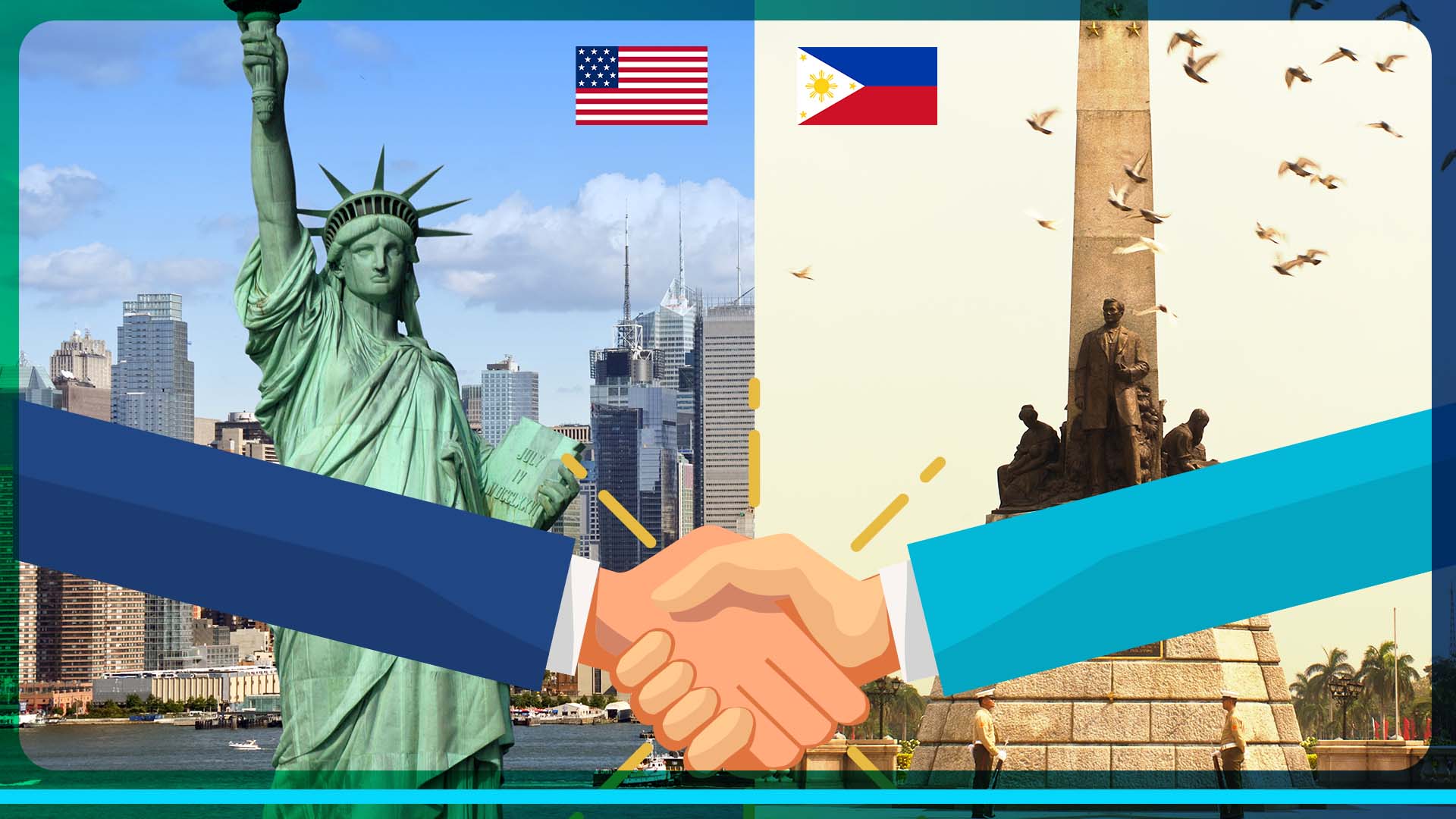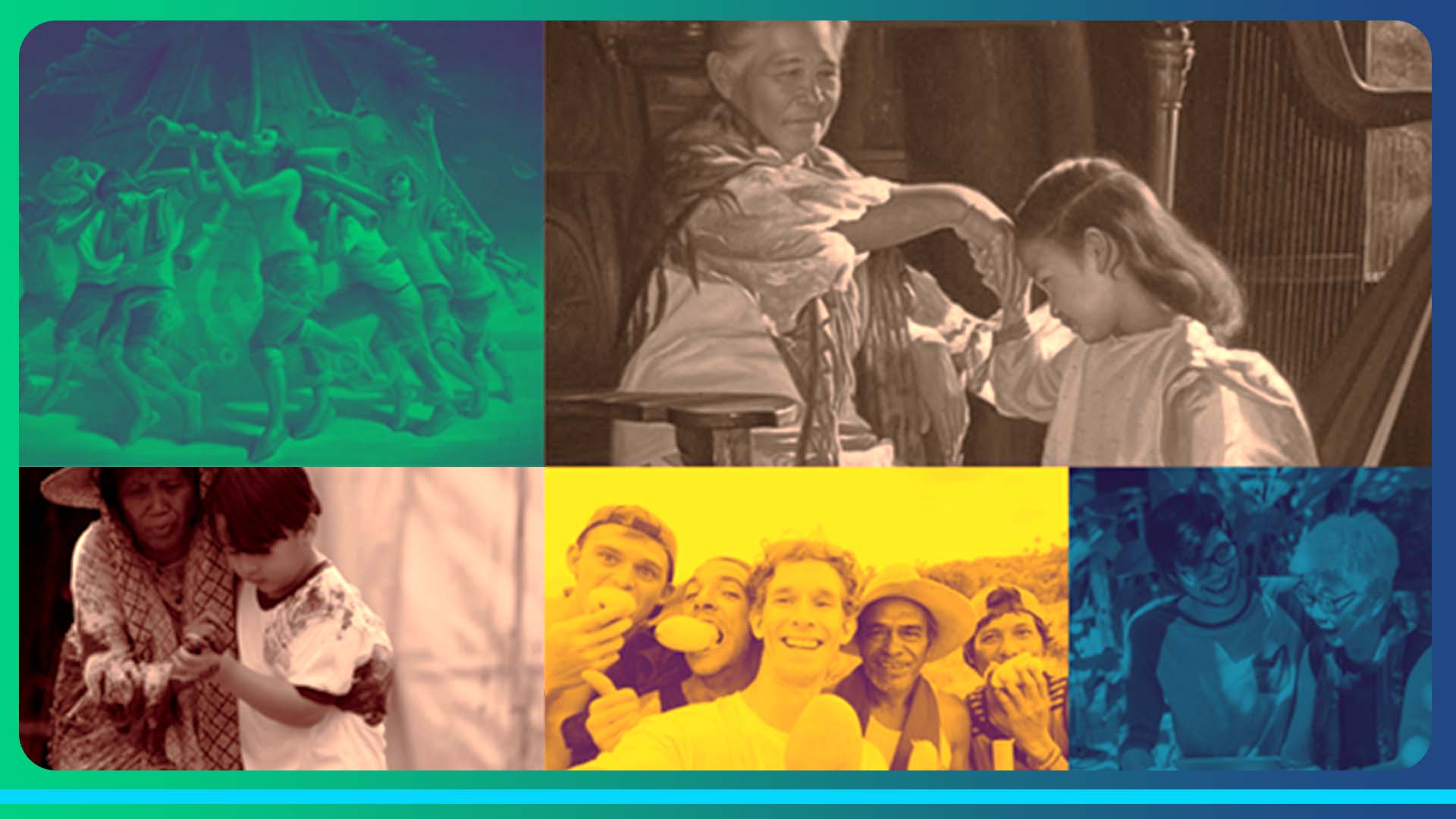
Menu
Is the Philippines Really the Best Country to Build Your Remote Team In?

If you’re a Field Service executive who is facing challenges in finding support staff, whose service levels are trending down, or who’s looking to scale up operations faster while reducing overhead, let me share why building a remote team in the Philippines might be the best option and why the Philippines is the top destination for customer-facing & support roles.
It goes beyond just low-cost labor but includes the culture, English proficiency and accent, education, cybersecurity, country infrastructure, and more.
The Philippines Through The Eyes of A Top Field Service Executive
Last year, during a call with Rodger Smelcer—one of the top executives in the Field Service industry and who I’m lucky to call a partner and a friend—he shared a childhood story that I’ll never forget.

Here’s a snippet from the call:
“I grew up with Filipinos my whole life. I would say I was partly raised by a really good Filipino couple for most of my young life. And one of the things I noticed is just a tremendous work ethic they had, and they taught me that same tremendous work ethic.
The man in this couple was a 74-year-old Filipino man named Tony Manzano, and he had been a butler, a chef, a gardener, you name it. He worked for a multi-millionaire guy in the Philippines. When that guy passed away, he left his entire estate to Tony. Now, the whole time he lived in the Philippines, he only ever drove one car.
It was a 1973 Rolls Royce Silver Shadow that belonged to the millionaire he worked for. At some point, he decided to sell everything from the estate—except for the Silver Shadow Rolls Royce—and moved to the United States. He brought the Rolls Royce with him and ended up living about ten houses down from where I lived.

Now, I met Tony fishing off of a pier in Long Beach, California called Belmont Shore. I was out on the Belmont pier fishing, and I saw this guy catching hundreds of fish when I was struggling to catch one. So I asked him if he would teach me how to fish, which he did.
So, now I’m there, next to him, filling bucket after bucket with fish, and I asked him, ‘Is that your car?’ Looking at the same Rolls that I saw ten houses away from mine.
Turns out it was. He was my neighbor.
Later on, he asked me and a friend if we would help him clean and bag all those fish, which we happily did.

Then he asked if we would help him deliver all those fish—and that’s when we were a bit confused.
‘Deliver? Where?’
He said ‘Yeah, I’m delivering it to those apartment buildings over there.’
Sure, we helped him deliver it, and…
On every door we knocked there was a Filipino family greeting us, receiving a bag of fish, and thanking us warmly.
Turns out that all these people were his extended family.
One at a time, he’d been processing the paperwork for them, bringing them over to California where he would put them up in an apartment, pay rent for a year, and then bring them fish every day.
And so for the next five or six years, I went fishing every day at 3:30 in the morning, in a Rolls Royce, during summers, to catch and clean fish for Filipino families.
They used to throw big parties on the beach for us as a “thank you” for catching fish all year for them.
It was a beautiful childhood experience that made me deeply appreciate the Filipino culture, their people, their warmth, their humility, and their sense of family.”

After hearing this beautiful story from Rodger, it became very clear to me why the Philippines has become “The Call Center Capital of the World” and why it overtook the remote customer service throne from India several years ago(1).
Take a look at some of the factors that put the Philippines at the top of the BPO industry for customer-facing and administrative roles:
Character and Motivation

“Filipinos have a natural gift for customer service. They are polite, respectful of elders, patient, and good shock absorbers for angry customers.” (2)
“From a cultural, empathetic language, customer-centricity standpoint, the Filipino customer representative is really preferred around the world. There is also a cost advantage to doing work in the Philippines. If you combine all those qualities, plus cost advantage, then it becomes an attractive location for contact center services.” (3)
“In the Philippines, working in a call center is a high-paying job, relative to other fields. This is a strong motivator for your agents, in a game where motivation is frankly one of the hardest aspects of the call center world.” (7)
Education and Culture

“The country actually has a literacy rate of 95.6 percent. This makes it ideal for businesses that need a lot of administrative, content-focused or data-centric work completed.” (4)
“Its westernised culture and strong English proficiency are some of the reasons why people choose the Philippines. The country boasts its cheap labor cost, high-quality service, and 24/7 support.” (5)
“The voice your customer will hear at the end of the line will sound like an American, they’ll have a high level of fluency in English, and a good level of specialised skills. In a very customer service-oriented country, you can feel assured that your customer’s experience will definitely be a good one.” (7)
“Though India may have made a bigger name for itself within the world of outsourcing over the past decade—despite its lax IT security, the heavy accent, and some significant cultural differences with the West—it is the Philippines who stands at the forefront of the BPO sector. Mainly because of its excellent English proficiency, high literacy rate, and cultural compatibility with the West.” (6)
Cybersecurity

“In the Philippines, data protection is a priority. The country is considered a leader in cybersecurity within the Asia-Pacific region. Unlike India which is the world’s third-least cyber safe country for businesses after Russia and China, the Philippines keeps people’s privacy top of mind. This is an assurance that gives global businesses peace of mind when vetting long-term outsourcing relationships with Philippine-based companies and organizations.” (6)
Infrastructure

